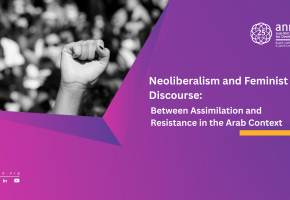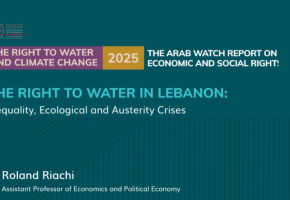
Battlefield Developments in Lebanon: Ongoing Genocides
Israeli warplanes launched a series of airstrikes on towns in southern Lebanon and the Beqaa region, with Israeli forces attempting to advance from multiple points in South Lebanon’s western and central sectors. Heavy machine gunfire targeted forested areas near Naqoura, Jabal al-Labuna, Alma Shaab, Tayr Harfa, Al-Dhahira, and Aita al-Shaab. In the evening, Israeli airstrikes hit Akkar, resulting in initial reports of 30 casualties, including both wounded and dead Syrians and displaced Lebanese residents. Another strike on Saksakiyeh in the Sidon district led to seven casualties and seven injuries.
The Israeli army issued new evacuation orders to residents of 21 towns and villages in southern Lebanon, advising them to move north of the Awali River.
Israeli Chief of Staff Herzi Halevi approved plans to expand ground operations in southern Lebanon, mobilizing thousands of soldiers from regular and reserve forces to target areas where Hezbollah is active. While this escalation is underway, there have been reports of progress in ceasefire negotiations.
In response, Hezbollah targeted Israeli forces in Ramya, Al-Qawzah, and Aita al-Shaab, and launched a large rocket barrage on a paratrooper base in Karmiel. Hezbollah also deployed drones in an attack on Israeli forces near Maroun al-Ras. Meanwhile, Israeli police reported injuries and property damage in the Galilee due to falling rockets and debris.
Additionally, Syrian news agency SANA reported that the international Homs-Damascus highway was temporarily closed after an Israeli strike hit an aid distribution site near Shamsin in southern Homs, intended for Lebanese refugees.
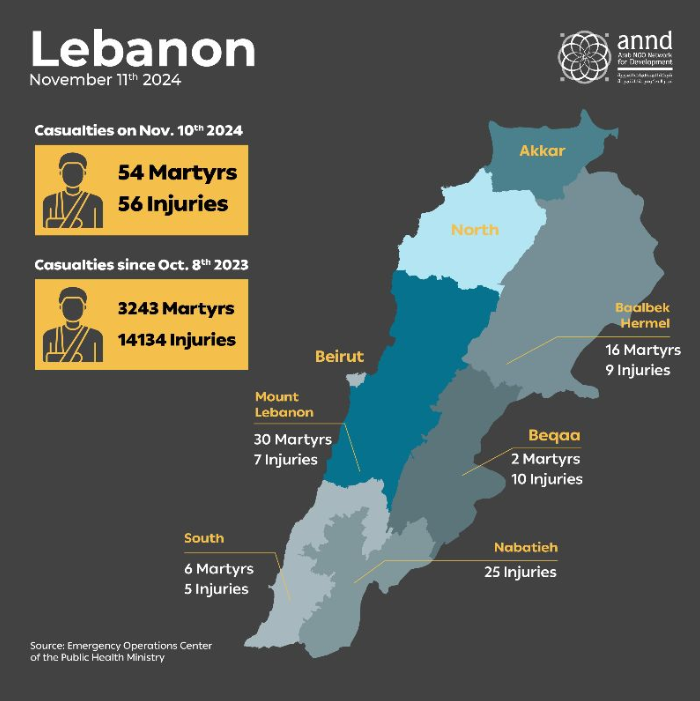
Political Developments in Lebanon
Prime Minister Najib Mikati emphasized Lebanon’s priority to end the Israeli aggression and reach a ceasefire, calling for support to halt the attacks and secure Israeli withdrawal from occupied Lebanese territories.
Hezbollah’s Media Relations Officer, Mohammad Afif, stated that no formal proposals regarding a ceasefire have reached Lebanon or Hezbollah. He indicated that Hezbollah is prepared for a prolonged conflict, well-stocked with weapons and supplies, dismissing claims of depleted missile reserves by recalling past strikes reaching Tel Aviv and Haifa. Afif also highlighted Hezbollah’s strong relationship with the Lebanese army, reinforcing that both entities stand united in defending Lebanon.
The Vice President of the Supreme Islamic Shiite Council, Sheikh Ali Al-Khatib, hosted former Prime Minister Fouad Siniora to discuss national unity and the need for a strong, just state post-war, as well as the election of a consensus president.
Interior Minister Bassam Mawlawi affirmed Lebanon’s commitment to implementing UN Resolution 1701 but rejected Israel’s demand to control Lebanese airspace, calling it an unacceptable violation of sovereignty.
Ba’albek Governor Bashir Khodr confirmed that a sweep of the ancient Baalbek Fortress found no Hezbollah members or weapons, dispelling any justification for Israeli targeting of the site.
Kataeb Party leader Sami Gemayel, in discussions with French Senator Olivier Cadic, stressed that Lebanon’s sovereignty must be reclaimed from Iran and Hezbollah, urging the enforcement of international resolutions, particularly 1701 and 1559. He advocated for the Lebanese army to secure the borders in collaboration with international forces, emphasizing the need for Lebanese state control.
Humanitarian Response in Lebanon
The latest United Nations update reports that nearly one in four people in Lebanon has been affected by the ongoing conflict since September 23. The World Food Programme (WFP) has provided food or cash assistance to 618,000 people since January, though funding shortages have left only 6% of the $116 million target met. WFP warns that the conflict is also impacting the agricultural sector in the Bekaa and southern Lebanon, which together contribute over 60% of Lebanon’s agricultural production.
As of September 23, 561,800 people have crossed into Syria, including both Syrians (66%) and Lebanese (34%), and recent Israeli strikes near Lebanon’s border with Syria have restricted crossings to a single northern entry point. Additionally, around 31,000 people have moved from Lebanon to Iraq between September 27 and November 5, according to the UN High Commissioner for Refugees.
The World Health Organization (WHO) notes that southern Beirut suburbs, Bekaa, southern Lebanon, and Baalbek remain heavily targeted, limiting the movement and safety of healthcare workers and first responders. As part of the UN’s response, over a dozen first aid kits have been distributed to hospitals in Bekaa, and a flu vaccination campaign has reached thousands of high-risk individuals. However, WHO cautions that violence continues to displace people from inadequate shelters, raising the risk of infectious diseases.
Lebanon’s Emergency Committee head, Environment Minister Nasser Yassin, stated efforts are underway to register displaced residents with the help of governors and the Ministry of Social Affairs. He also mentioned that food aid distribution has started, with additional plans to address heating needs. The committee is coordinating with the High Relief Commission and UNICEF, who will provide thousands of clothing items for displaced children. Monthly heating costs are estimated at $68 million, with $10.4 million allocated for heating and fuel needs. Other resources, such as clothing and blankets, will be supplied through the South Council and the High Relief Commission, in collaboration with the UN.
The head of the Food Importers Syndicate, Hani Bohsali, assured that Lebanon has secured a high level of food stock, preparing for any potential full blockade similar to 2006. However, Ziad Bekdache, Vice President of the Industrialists Association, expressed concerns over Lebanon’s industrial sector, especially in the south, Bekaa, and southern Beirut. With non-Lebanese workers leaving and transportation challenges for locals, roughly 30% of Lebanon’s industries have halted operations, with only a few managing to relocate production to safer areas.
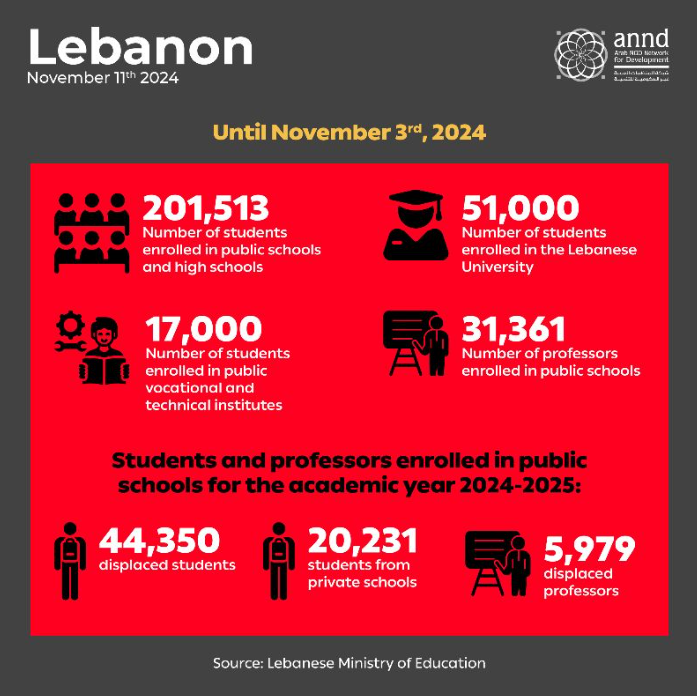
The Arab-Islamic Summit in Riyadh: Key Resolutions and Statements
The extraordinary joint Arab-Islamic summit in Riyadh, convened by Saudi Arabia, focused on addressing the ongoing Israeli aggression in Palestine and Lebanon, as well as regional developments. This summit builds on the joint summit held in Riyadh on November 11, 2023, aiming to align member states' positions on these issues.
Key Resolutions of the Summit: - International Pressure on Israel: The summit emphasized mobilizing international support to suspend Israel's membership in the United Nations, highlighting the risk of escalating violence and its regional and international implications. The summit condemned the lack of decisive UN measures regarding the expanded aggression against Gaza and Lebanon, as well as the violations of sovereignty in Iraq, Syria, and Iran, attributing this to a lapse in international legal authority.
- Condemnation of Israeli Atrocities: Strong condemnation was expressed regarding Israel's actions in Gaza, including reported mass graves, torture, extrajudicial executions, forced disappearances, and looting. The summit called on the UN Security Council to establish an independent international investigation to ensure accountability and prevent tampering with evidence of these alleged crimes.
- Support for Lebanon's Sovereignty: The summit condemned Israel’s continuous aggression against Lebanon, calling for an immediate ceasefire and full implementation of UN Security Council Resolution 1701 (2006). It underscored solidarity with Lebanon, condemning the targeting of UNIFIL forces and systematic destruction of civilian areas, and emphasized the need to support Lebanese constitutional institutions to exercise sovereignty over its entire territory. Additionally, the summit stressed the importance of electing a president to restore political stability in Lebanon.
- Support for Palestine’s Full UN Membership: The summit reiterated the goal of securing Palestine’s full UN membership and emphasized political, diplomatic, and international protection for the Palestinian people. The summit called for unity between Gaza and the West Bank, including East Jerusalem, under the Palestinian Authority’s jurisdiction. It also supported economic relief and reconstruction efforts for Gaza.
Statements from the Saudi Foreign Minister:
In his concluding remarks, the Saudi Foreign Minister stressed that the crisis in Lebanon reflects similar challenges facing Gaza, advocating for efforts to sustain Lebanon’s resilience. He emphasized the necessity of ending the conflict in Gaza and called on the international community not to overlook Israel’s actions. He acknowledged the international consensus on the two-state solution as a significant advancement but noted that specific resolutions on Gaza were limited, as the Palestinian Authority is seen as responsible for the territory’s situation. Finally, he clarified that the committee concerning Lebanon’s situation will not intervene in Lebanon’s internal political matters, which remain the sovereign responsibility of the Lebanese
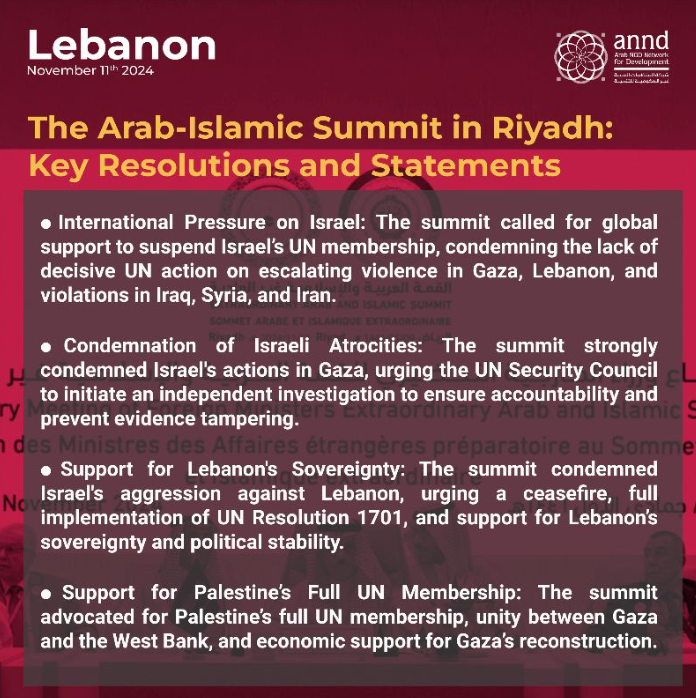
International Developments on the Conflict in Lebanon and Regional Dynamics
Iraq's Support for Lebanon: Iraqi Prime Minister Mohammed Shia' Al-Sudani expressed Iraq's full support for Lebanon. He promised more relief aid to help the Lebanese people. - Progress in Lebanon Ceasefire Talks: Israeli Channel 12 reported significant progress in talks for a ceasefire in Lebanon. According to Yedioth Ahronoth, Israel, the U.S., and Lebanon have been exchanging drafts of a potential agreement.
- U.S. Perspective on Lebanon Deal: U.S. National Security Advisor Jake Sullivan said the U.S. believes Israel is interested in a deal on Lebanon that would allow Israeli citizens to return home safely.
- Israeli Foreign Minister’s Statement: Israel’s Foreign Minister Gideon Sa’ar said there has been progress in ceasefire discussions in Lebanon. Although fighting with Hezbollah continues, he claimed that Hezbollah's missile power has been greatly reduced.
- Israeli Defense Minister’s Stance: Israel's Defense Minister stated that Israel will not agree to any arrangement unless Hezbollah is disarmed and moves back behind the Litani River. He emphasized that there will be no ceasefire or pause until Israel’s war goals are met.
- Taiwan's Response on Lebanon Device: Taiwan's Ministry of Justice confirmed that certain devices, linked to explosions in Lebanon, were not made in Taiwan. Taiwanese officials denied any local involvement in Hezbollah’s communication devices.
- UN Report on Gaza and European Reactions: Haaretz reported that an upcoming UN report on hunger in Gaza could influence some European governments to consider sanctions against Israel's right-wing leadership.
- Proposal for Gaza’s Temporary Management: Israeli Channel 12 reported that the U.S. proposed a plan to Palestinian President Mahmoud Abbas for an international body to temporarily manage Gaza. It would involve a security force trained by Western countries, though Abbas has not yet responded.
- Possible European Sanctions: French Foreign Minister Jean-Noël Barrot indicated that the EU may soon impose new sanctions on Israeli settlers involved in violent acts.
- Germany’s Concern for Gaza: German Foreign Minister Annalena Baerbock described the humanitarian situation in Gaza as tragic.
|

